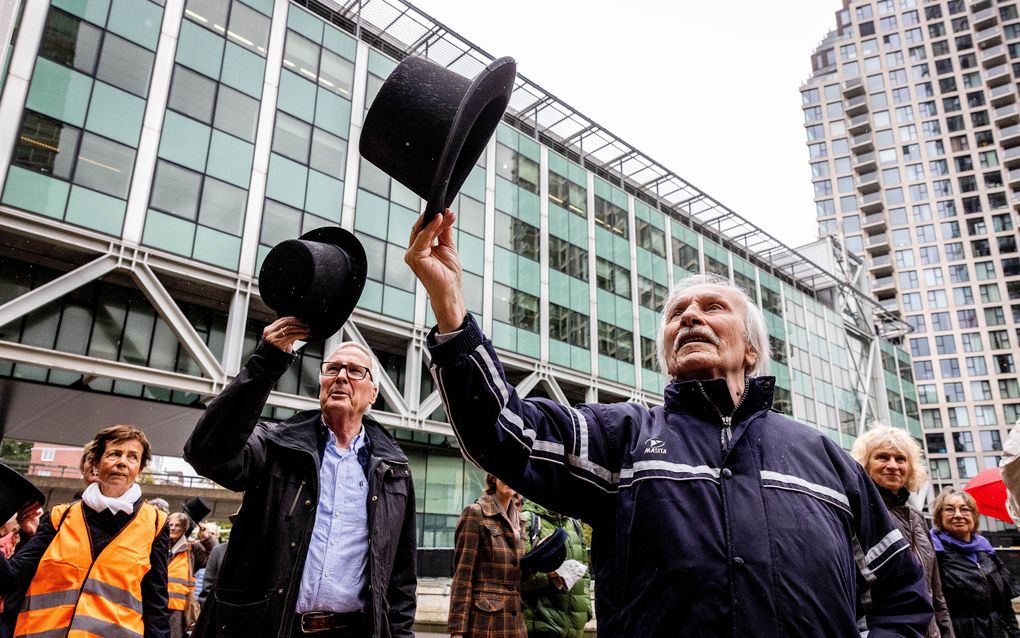Dutch ban on assisted suicide does not violate human rights

Members of Cooperation Last Will before the judge made a verdict. Photo ANP, Jeffrey Groeneweg
Western Europe
The Dutch government may keep enforcing its ban on assisted suicide, a court in The Hague ruled. The court case started because the so-called Cooperation Last Will disagreed with the ban.
The Cooperation believed that the Dutch State violated International Human Rights because it is hard to achieve a self-determined death for Dutch citizens who do not meet the euthanasia requirements of unbearable and hopeless suffering from a physical or mental disease. That is reported by the Dutch newspaper Trouw. In the Netherlands, assistance for suicide is forbidden. Only physicians are excepted from this rule under certain conditions enshrined in the euthanasia law. The Cooperation Last Will argues that choosing the moment of death belongs in the private sphere and should fall under the human right to privacy.
Impulse
However, the judge of the court in The Hague ruled that there are sufficient options for people who want to end their lives. The judge acknowledged that Dutch people have the right to choose their moment of death based on the right to privacy. However, the State also has the duty to protect the lives of its citizens.
The right to privacy does not make the State responsible for giving people the right to assisted suicide. In addition, governments may infringe on these rights if they have good reasons to do so, said the judge, as reported by the Reformatorisch Dagblad. The court considered the reason for protecting the lives of vulnerable people who may act on impulse a good reason.
Persecuted
Suicide is not illegal in the Netherlands. Only helping someone with the act is forbidden. Members of the Last Will Cooperation violated this law, providing several people with poisonous powder. They are persecuted by the Dutch State for this reason. They will likely have to appear before a court next year.
Related Articles






